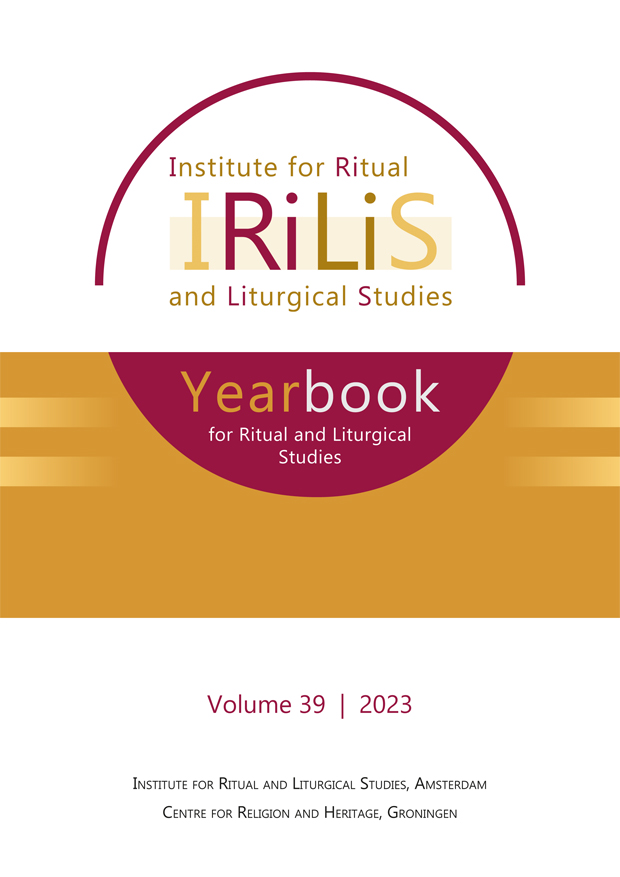Waarom is de Liturgische Beweging nooit een zelfstandige “modaliteit” geworden in het Nederlandse protestantisme? Historische en systematisch-theologische beschouwingen
DOI:
https://doi.org/10.21827/YRLS.39.66-80Keywords:
Liturgical Movement, Dutch Protestantism, neo-patristic theology, liturgical theologyAbstract
Like many other churches, Protestantism in the Netherlands had its own Liturgical Movement during the twentieth century. Unlike some churches, for example the Anglican Communion, the liturgical identity of parts of Dutch Protestantism never led to the formation of a “modaliteit” – a distinctive, organized party within the church. This article first argues that the Protestant Liturgical Movement initially possessed enough distinctive neo-patristic theological and spiritual potential to form such a party. Subsequently, the article explores why the formation of such a “modaliteit” did not take place. The reason is found in an implosion and restart of the Liturgical Movement in Dutch Protestantism, which took place during the 1950s and which changed the theological and spiritual profile of the Movement. By losing its neo-patristic theology, the Movement lost both the opportunity and the necessity of forming a distinctive party within the church.
Published
Issue
Section
Copyright (c) 2023 Mattijs Ploeger

This work is licensed under a Creative Commons Attribution 4.0 International License.


